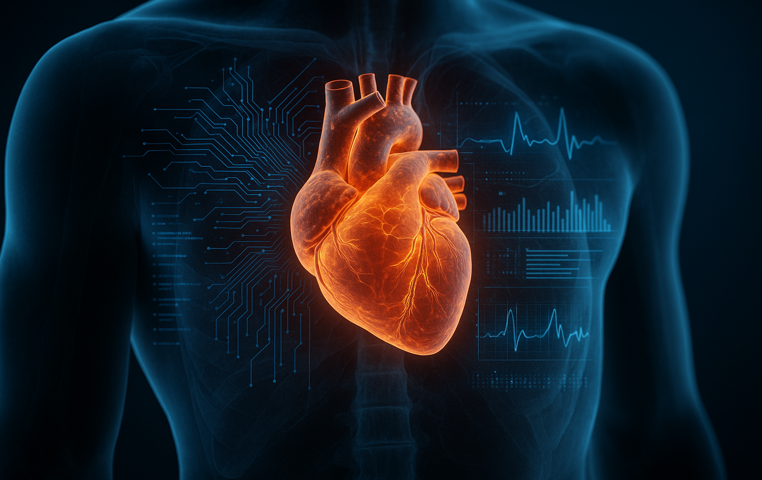Like it or not, the era of Artificial Intelligence (AI) is upon us. AI is disrupting industries, and we are still in the early innings. Companies like Klarna have claimed AI can do the work of hundreds of support agents, only to backtrack and rehire displaced workers.
In some cities — like Los Angeles, where I live — AI powers driverless cars roaming the streets. My 7-year-old daughter may never fully appreciate the magnitude of the technical achievement that is a driverless car.
Debates rage about AI; the ethics, the environmental impact, the impact on our economy/workforce, and more. None of that seems to be slowing progress, as the “win at all costs” mentality rules, for better or worse.
Frankly, I’m torn. On one hand, I’m a regular user of AI — I rely on it to research topics, generate designs, write code, offer advice, and yes, I’ve even turned to ChatGPT as a kind of therapist. On the other hand, I’m fully aware of its shortcomings. I think about the environmental toll, the biases baked into algorithms, and the long-term consequences of becoming too dependent on it. Still, the truth is, AI plays a significant role in my life these days.
AI’s Growing Role in Medicine
Among its most promising applications, AI (and its cousin, quantum computing) is reshaping medicine, from drug development to diagnostics to early disease detection. One area seeing rapid innovation is cardiovascular health.
So, how exactly is AI impacting heart care, especially for active people who might assume they’re in the clear? Let’s take a look.
Wearables and AI
The most visible AI application today is in wearables. Previous WellTree articles like this one have touched on how wearables can support heart health. Devices like the Apple Watch use machine learning to detect irregular heartbeats like atrial fibrillation, among other things, as highlighted by CNet. The Mayo Clinic has even developed an app that uses Apple Watch data to detect early signs of asymptomatic heart failure.
This type of screening, done passively during daily life, could one day catch heart issues before symptoms appear, especially important for active people who may dismiss fatigue or breathlessness as just overtraining.
Faster and More Precise Diagnosis with AI Imaging
One of the most widely discussed benefits of AI is its impact on medical imaging. Radiologists, a specialty already facing workforce shortages, are increasingly relying on AI tools to support diagnosis. In fact, a study by researchers at Cornell University found that certain AI systems can interpret medical images with up to 98% accuracy, rivaling human performance in specific tasks. While AI isn’t replacing radiologists, it’s becoming a powerful partner in improving speed, consistency, and diagnostic precision.
This is especially true in echocardiography, the most widely used form of cardiac imaging. According to a TCTMD article, a study in Japan found that AI-assisted echocardiography reduced average exam time from 14.3 to 13.0 minutes and increased daily throughput from 14.1 to 16.7 exams.
Even more impressively, AI increased the number of heart parameters analyzed from 25 to 85. The result: faster, more comprehensive exams, and reduced mental fatigue for clinicians. While cardiologists still make the final diagnostic call, AI is fast becoming an essential co-pilot.
Next-Level Detection: Circadian.AI
In May 2025, Smithsonian Magazine profiled 14-year-old Siddarth Nandyala, who developed an app called Circadian.AI. The app uses artificial intelligence to analyze heart sounds and detect early signs of heart disease, with an accuracy rate of over 96%.
It can detect early patterns associated with:
- Arrhythmias and irregular heartbeats
- Heart valve abnormalities
- Early signs of heart failure
- Coronary artery disease.
This matters because heart disease is not only the #1 killer worldwide, but it’s also often asymptomatic in its early stages. Detection typically depends on routine checkups, electrocardiograms, stress tests, echocardiograms, and blood tests, many of which aren’t done frequently enough.
A tool like Circadian.AI has the potential to change that. By using AI to detect subtle warning signs early, it could lead to faster, more accessible diagnoses, potentially saving lives. Today, it’s only available to physicians, but it’s easy to imagine a future where tools like this are available directly to consumers.
Conclusion
We’re still in the early days of AI, but it’s already making a meaningful impact on how we detect and manage heart disease. For those of us who move, train, or simply care about long-term health, this is one reason to be optimistic about the future of AI.

